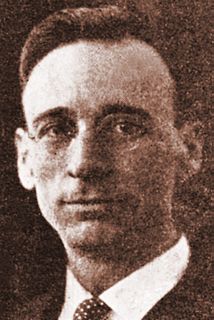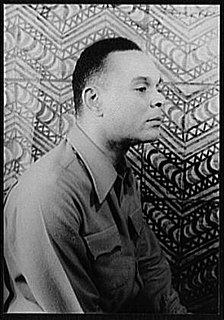A Quote by Amitava Kumar
Everything in American public life, when it comes to race relations, serves as a frame for a history of violence and degrading humiliation.
Related Quotes
It has always been my view that terrorism is not spawned by the poverty of money; it is spawned by the poverty of dignity. Humiliation is the most underestimated force in international relations and in human relations. It is when people or nations are humiliated that they really lash out and engage in extreme violence.
I have compromised down the line. I've disliked it intensely in the old days when you were trying to talk race relations and they would not allow you to talk about the legitimacies of race relations. In the old days, you didn't talk about black, you talked about Eskimo or American Indian, and the American Indian was assumed not to be a problem area.
Senator John McCain is unlike anybody else in not - not just in the Senate but in American politics. He`s unlike anybody else in American life. In his public life and in his heroics in war. He`s a singular figure in American life and American history. I think for everybody who has ever had a political difference with him that just instantly evaporates in the face of wanting the best for him because of cancer.






































